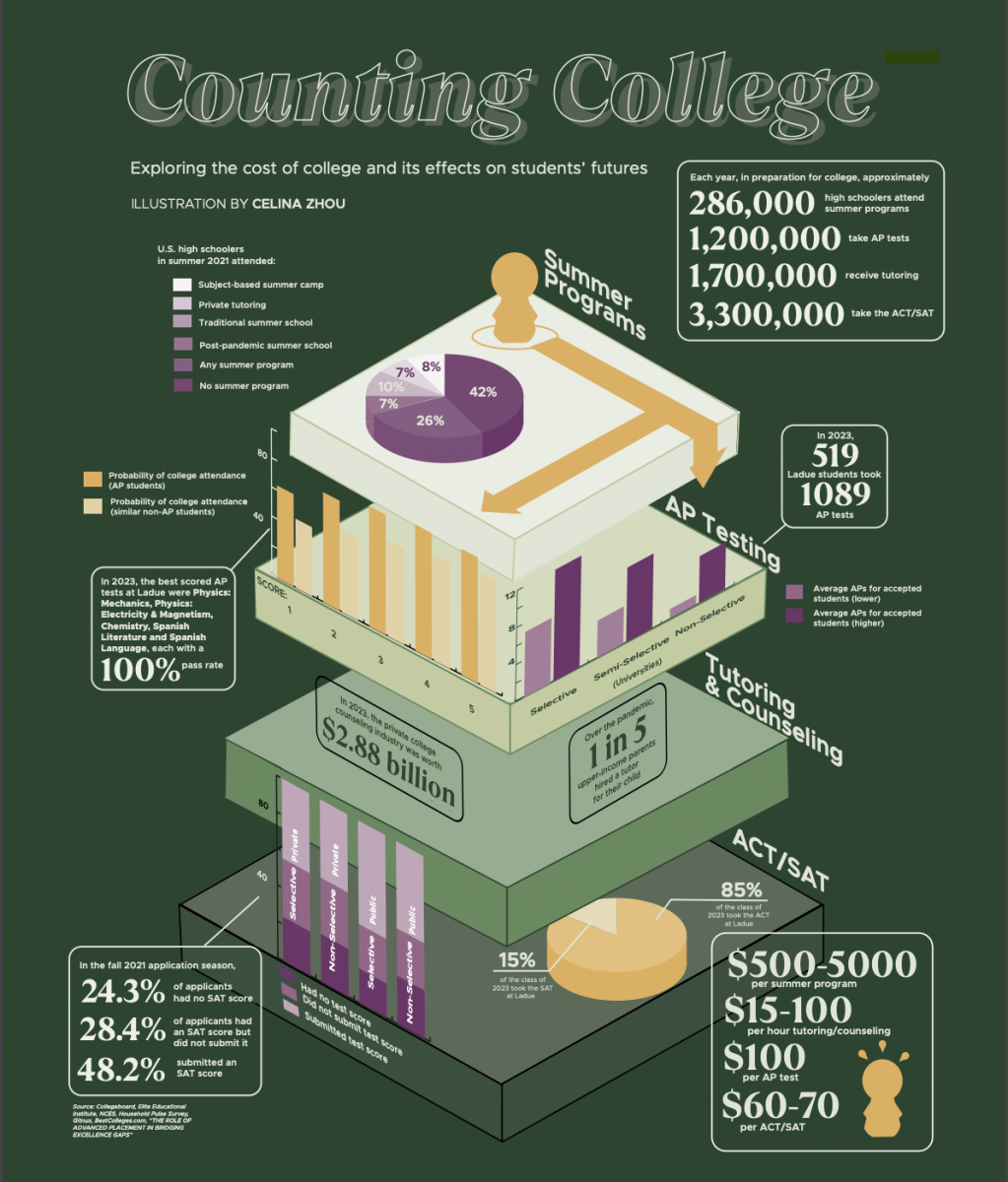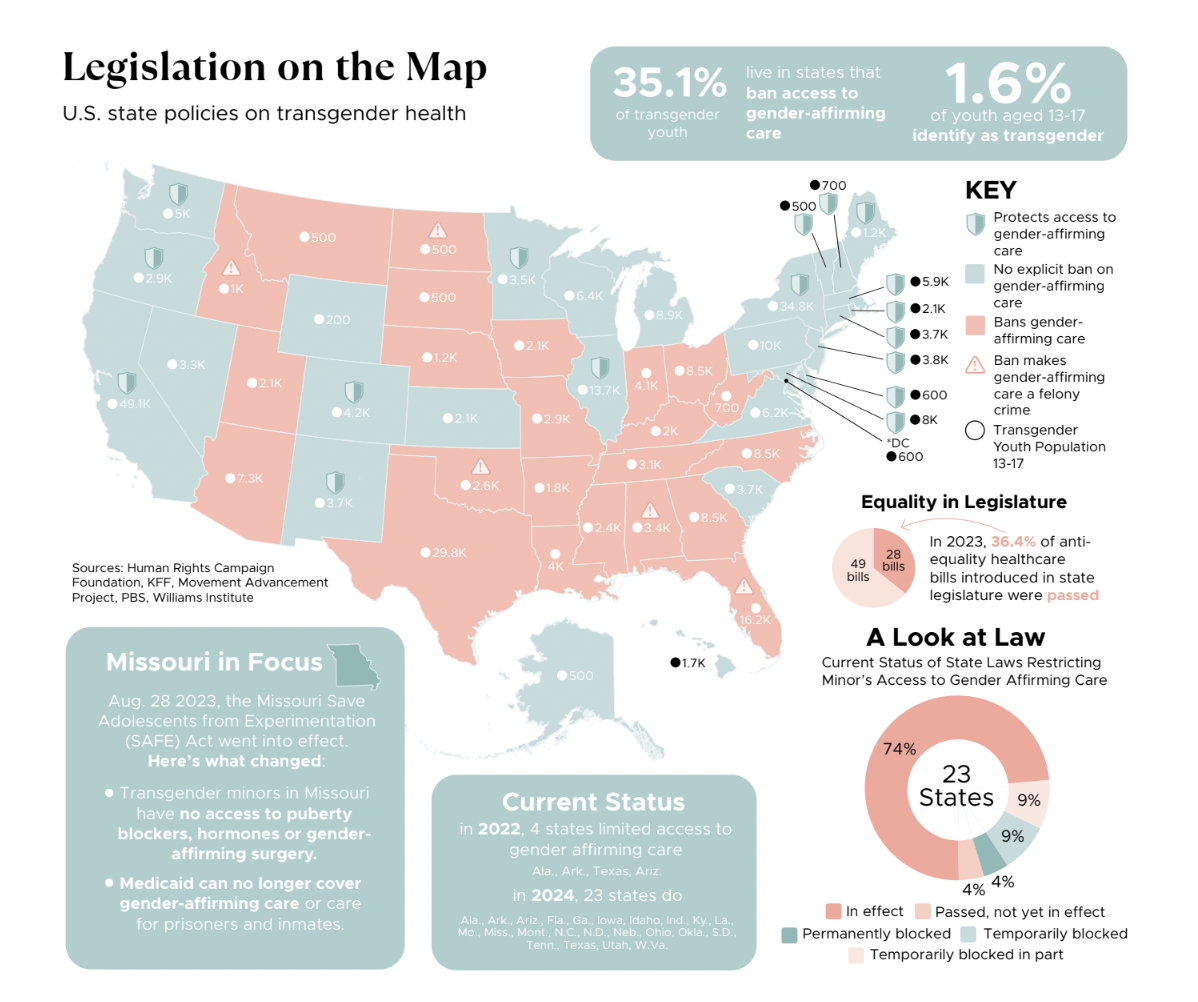You turn on your phone and start clicking through Snapchat stories. One particular story stops your mindless clicking: a story of a party posted by someone who you aren’t on the best of terms with. You swipe over to Snap map and immediately see a huge conglomeration of Bitmojis, all of them standing on top of each other. Your friends are among those in attendance. You sigh and shut your phone off, a feeling of sadness washing over you. Despite the personal disagreements between you and the host, you’d give anything to be at that party right now. The possibilities of what to do tonight suddenly seem much fewer, with a simple movie at home being the most enticing.
The feeling described above is something that almost everyone has experienced at one time or another, and has been recently coined “fear of missing out.” FOMO was first used in 2004 and was added to the Oxford dictionary in 2013. FOMO is a feeling of fear that comes from being excluded from something that one deems more enticing than one’s current situation. This fear is especially prevalent in teens as teens prioritize social acceptance and are also the group most often affected by social media.
FOMO and party culture
House parties are a core social component of high school. They are environments for teens to let loose and mature socially. Despite these bonuses, the nature of having alcohol and other illicit substances around can create an environment that is a breeding ground for peer pressure.
“You always want to fit in with the crowd,” senior Nahome Tewelde said. “So you’re gonna do things to attract attention. I could definitely relate to that because my junior year I’d do a lot of stuff like that. I’d mess around and do some stupid stuff, but over that year I’ve learned a lot. I realized that I didn’t have to do any of that to fit in. So now I am just being myself and just doing what I am focused on.”
Pressure to participate in activities teenagers wouldn’t normally engage in within party situations is an interesting phenomenon. One part of it is peer pressure. Which, as Tewelde expressed, is “wanting to fit in with the crowd” so that others view you positively. But there is another reason students feel pressure. FOMO creates the internal feeling that you may be missing out on happiness if you don’t engage in a certain activity, which creates a compulsion to do said activity, much like peer pressure. Both of these pressures combine to put students in situations where they may be acting upon compromised morals or even completely disregarding their own morals.
“100% Yes, [I have kissed people I wouldn’t have normally kissed],” junior Abigail Jackson* said. “Especially at parties because when it’s the end of a party and everyone’s just making out and I’m drunk I’m like, I just want to have fun. Everyone else is doing it so let me engage in this too. Then I regret it later, but at the time I was just like whatever. But then I look back on it and I regret it.”
FOMO does not just occur within the party however. It can also occur when a teen is not invited or is unable to attend a social event. However despite the fact that FOMO is hard to resist, sometimes students are forced to overcome FOMO to better themselves.
“When I had to study for my ACT because I had it the next day, there was a huge party, but I couldn’t go,” Tewelde said. “I was kind of bummed out because I could see all my friends having fun [on social media]. It made me feel a little sad, but I had to get my stuff done so I was just like, ‘I’m doing it to better myself.’ I knew I definitely would have made some memories at the party, but the ACT is my future, so I had to do that.”
Social media
Every single high school student, whether they have it or not, can speak about social media. It has the power to make or break a student’s self-esteem, friend group and their very perception of reality. With how rampant social media is in today’s world, it is easy to forget that it is still a relatively new invention – and its effect on students is largely disregarded.
Social media simply exacerbates the issue of FOMO – students are able to scroll through at any time of the day and see others partying, all while they may be doing something less desirable, such as studying or working.
“It just sucks to see everyone, all your friends hanging out, and not being able to be there with them,” freshman Elle Kerner said.
This is a relatively new phenomenon as social media use has skyrocketed in recent years.
“It’s just easier to spread things around [due to] the advent of social media and the instantaneous nature of being able to capture things at parties,” social studies teacher Meg Kaupp said.
An element of “why was I not invited?” or “I wish I was having that good of a time” is all too familiar in teenagers when they see pictures of others clustered together. This is especially common with the use of social media.
“Before [social media], you would just know there was a party but now you can see what’s going on there,” Freeman said. “You are like, ‘I want to be there. I want to experience what they’re experiencing.’”
Social media allows for the amplification of prominent issues. Common anxieties, such as self-consciousness or body image, are among some of the things social media creates FOMO about, harming teenage physical and mental well-being.
“The problem with social media is that it gives kids access to things they would previously have to work much harder for,” Kaupp said. “Social media creates a normalizing effect for kids, causing them to believe social media is real life, even though if you talk to pediatricians and child development specialists, they would say this [peoples bodies and lifestyles on social media] is not the norm. But because it’s being presented as the norm and people are absorbing that, it leads to a lot of what’s wrong with me? Why am I not there? [It creates] all kinds of personal insecurities.”
Academic FOMO
An interesting way that FOMO affects teens in today’s world is through academics. Students everywhere, especially here at Ladue are susceptible to believing the perceived greatness of their peers, rather than actually seeing what they are accomplishing.
“I think there is [academic FOMO],” Kaupp said. “I think it is similar to how it seems like everybody’s out having a party, going to parties and having a great time. And with academics it seems like, everybody is composing a symphony or winning awards or getting free education to this stunning place, and that’s just not the reality either.”
The effects of the misperceived success of those around you, coupled with the feeling that if you don’t take all the hardest courses you are going to be left behind, are very real.
“You might want to take courses that others say is the hardest class or courses others say you need to get into a good college,” Freeman said. “It’s because you don’t want to miss out on that because it could help you get into college or something else like that.”
Taking these courses because a student is scared of missing out on a future opportunity rather than because they wanted to learn the material can have detrimental effects on a students health, both mental and physical.
“I think [the consequences of academic FOMO] are the same things we see with regular FOMO, anxiety and depression,” Kaupp said. “The thing I noticed is kids who don’t sleep in order to get everything done that they have, they’ve got to give up on something. They give up on probably the most important thing, which is their sleep. Or eating, or exercising, or just enjoying family time, friend time.”
Sometimes however, a student challenging themselves to not miss out on what friends are doing can have a beneficial outcome. It truly depends on finding balance between school work and hobbies but it can be done.
“I’m taking a lot of hard classes this year and I’m doing better than I had thought,” junior Allison Nieder said. “I wouldn’t have taken as many APs as I had without all my friends also taking very rigorous courses. I would have been okay with one or two AP classes.”
Conclusion
Being a teen today means experiencing FOMO. No teen is ever invited to every party, every hangout or every social event. In addition, no teen has such iron clad control of their emotions that they are somehow immune to FOMO when being left out of an event. The only thing that teens can do is try and reduce the hold FOMO has on them by not allowing their decision to be influenced by FOMO. This is a lofty goal, but with adequate self confidence and social intelligence any teen is capable of this.
“You don’t really feel pressure to do anything you don’t feel comfortable doing [when you ignore FOMO],” Freeman said. “I think that you are in more control, and you don’t do stuff [you wouldn’t be comfortable with] just because you’re worried you’re missing out on something.”








